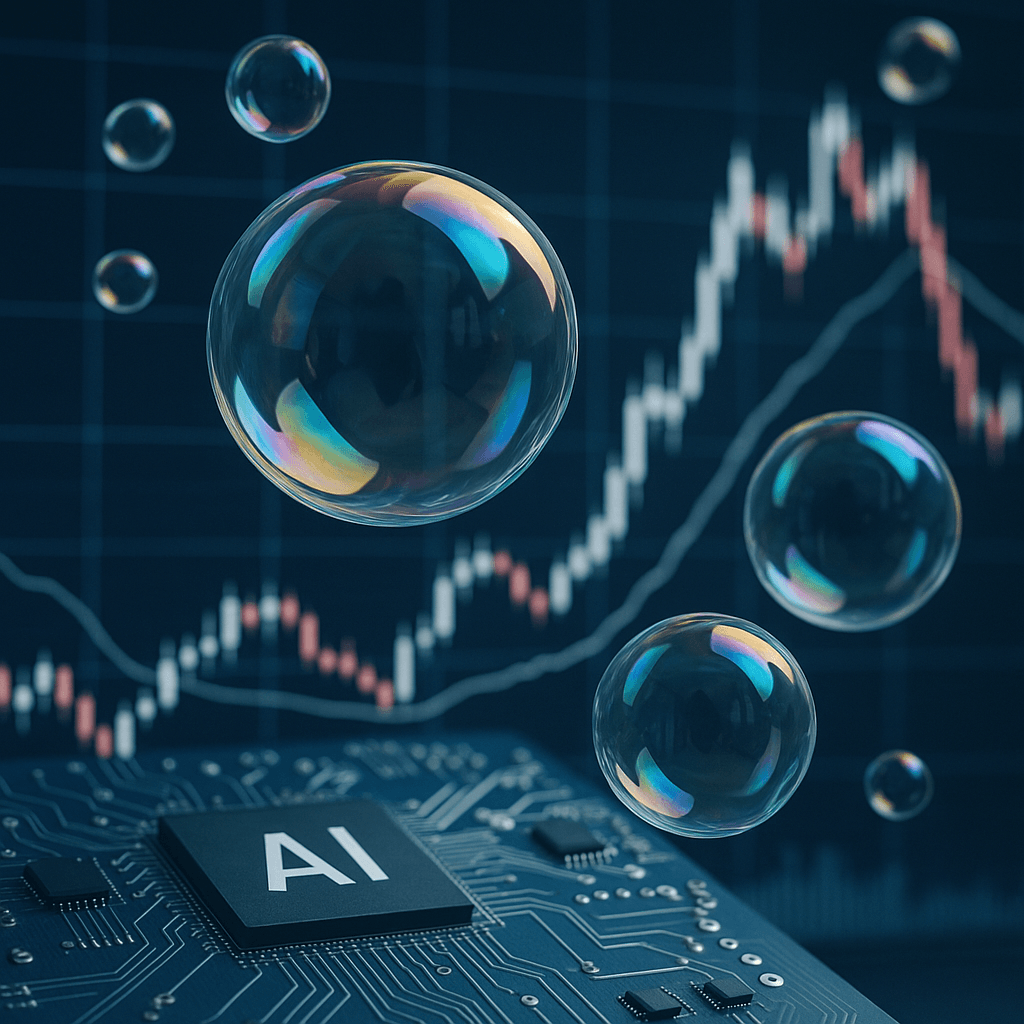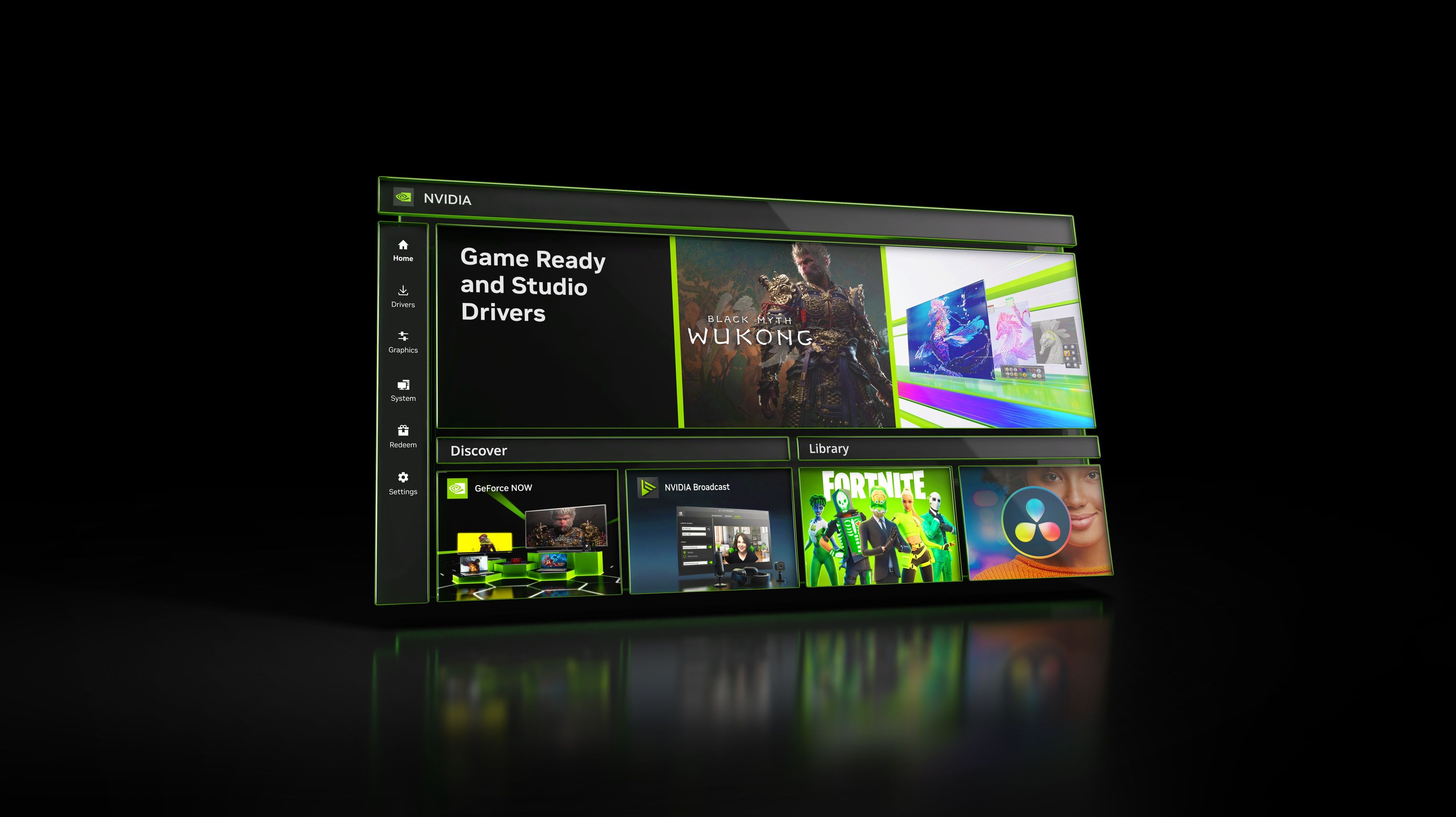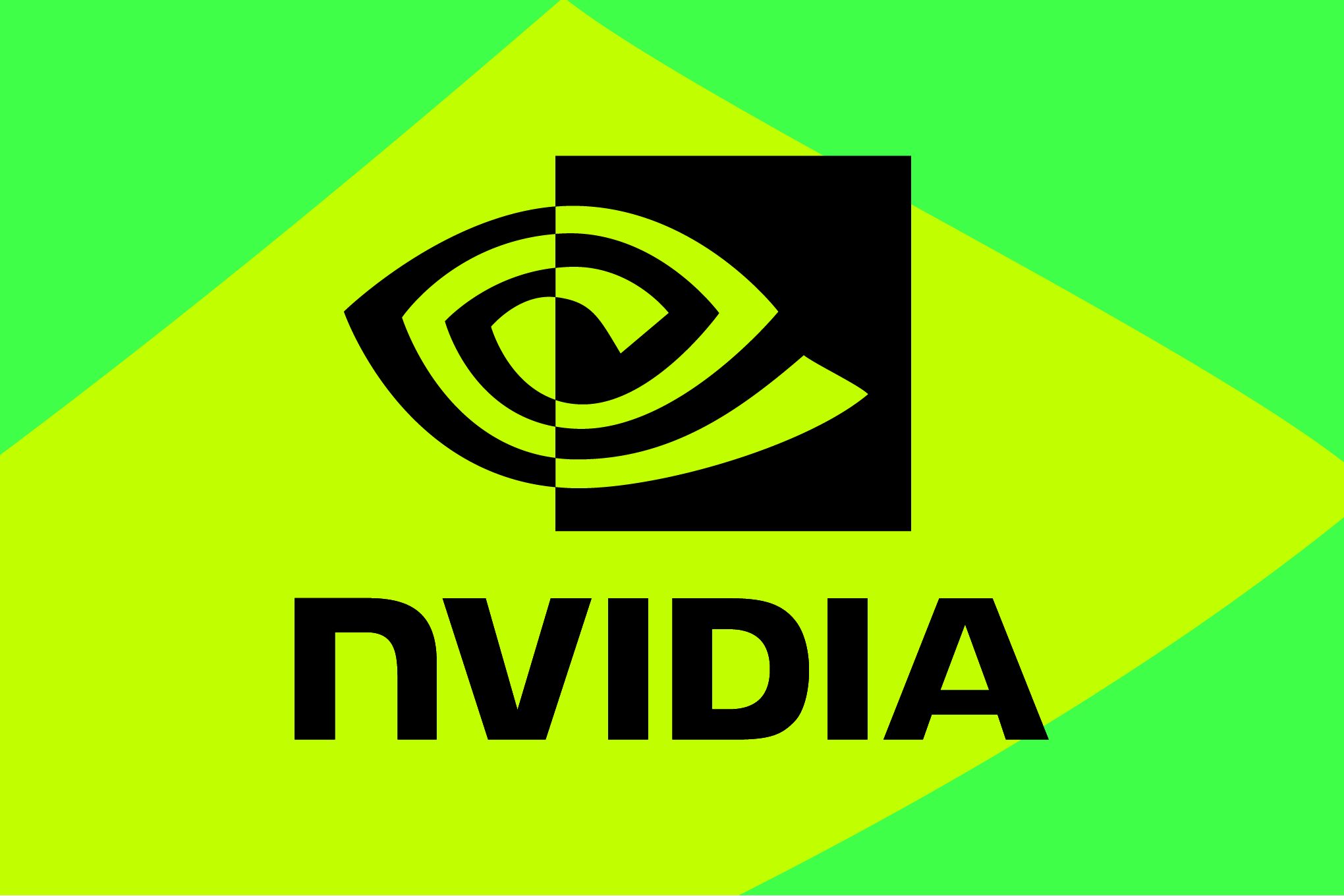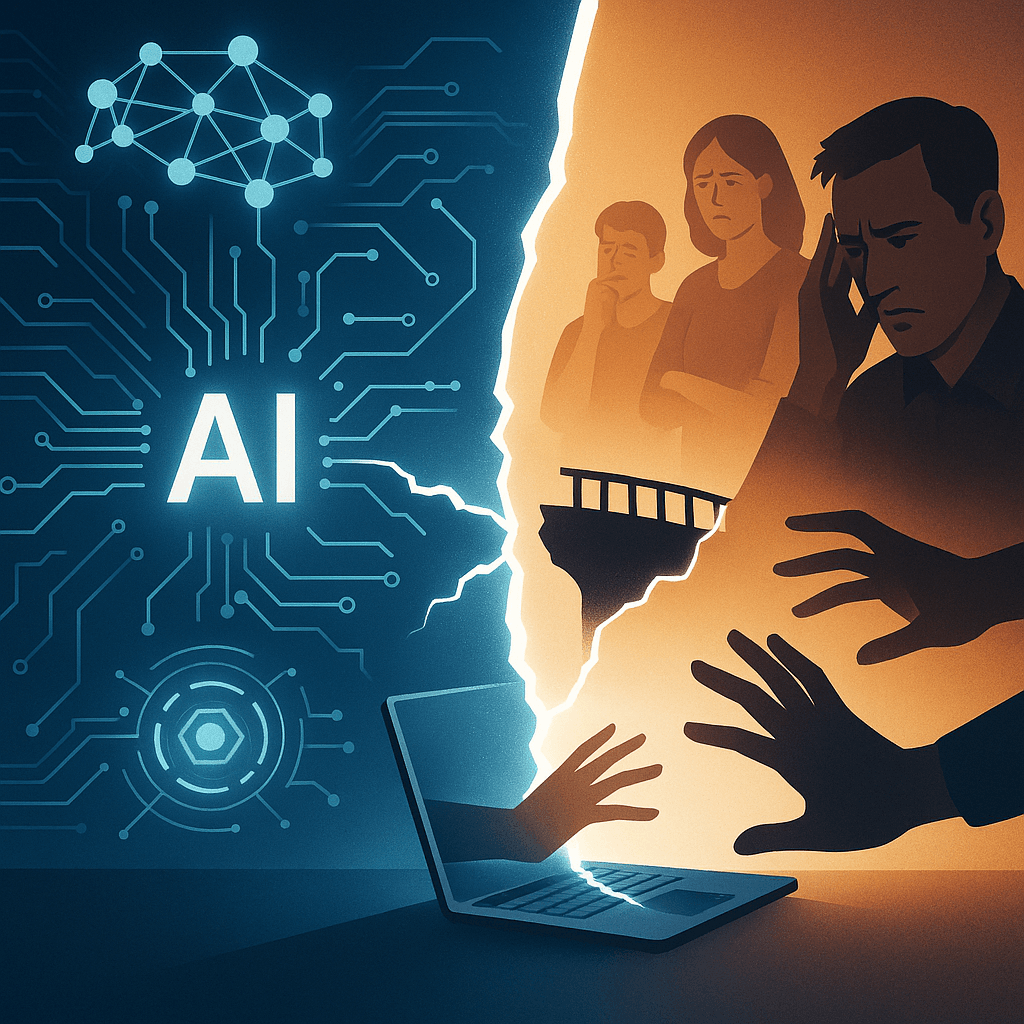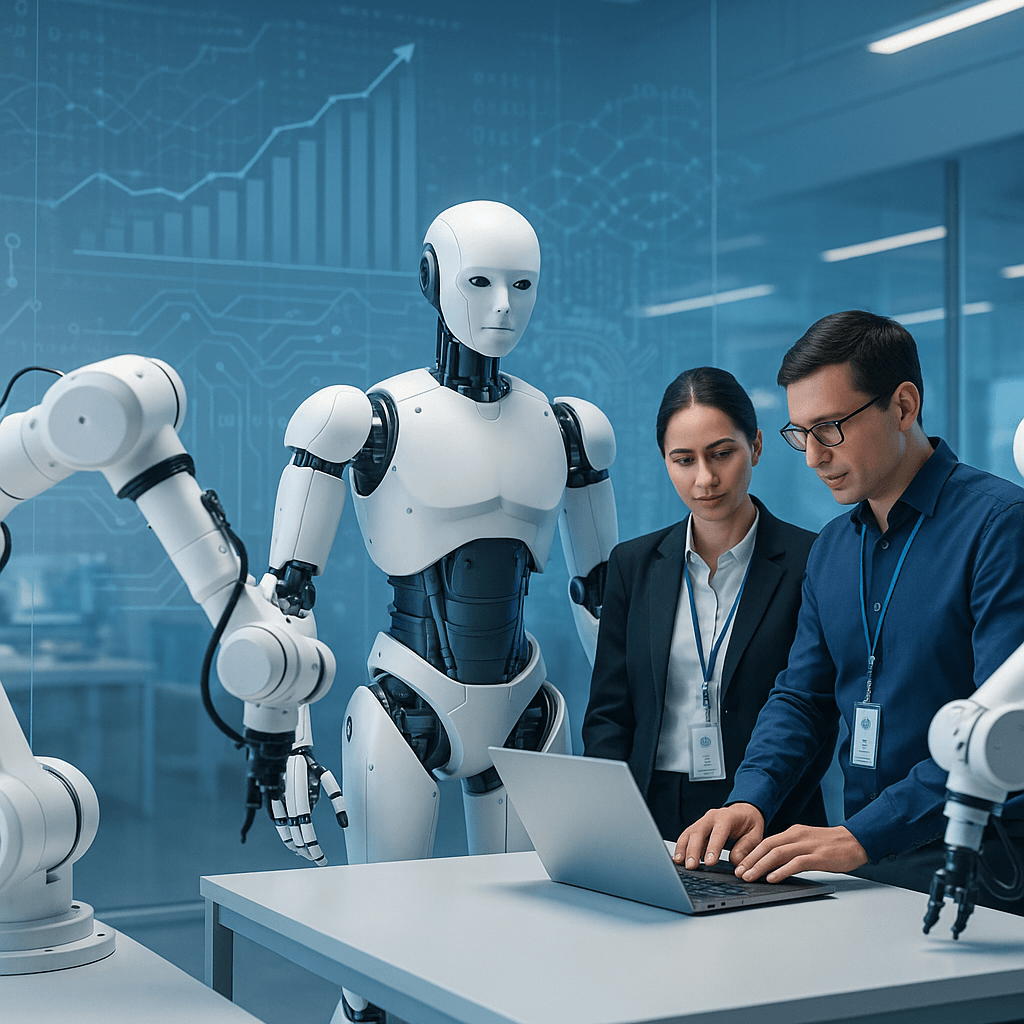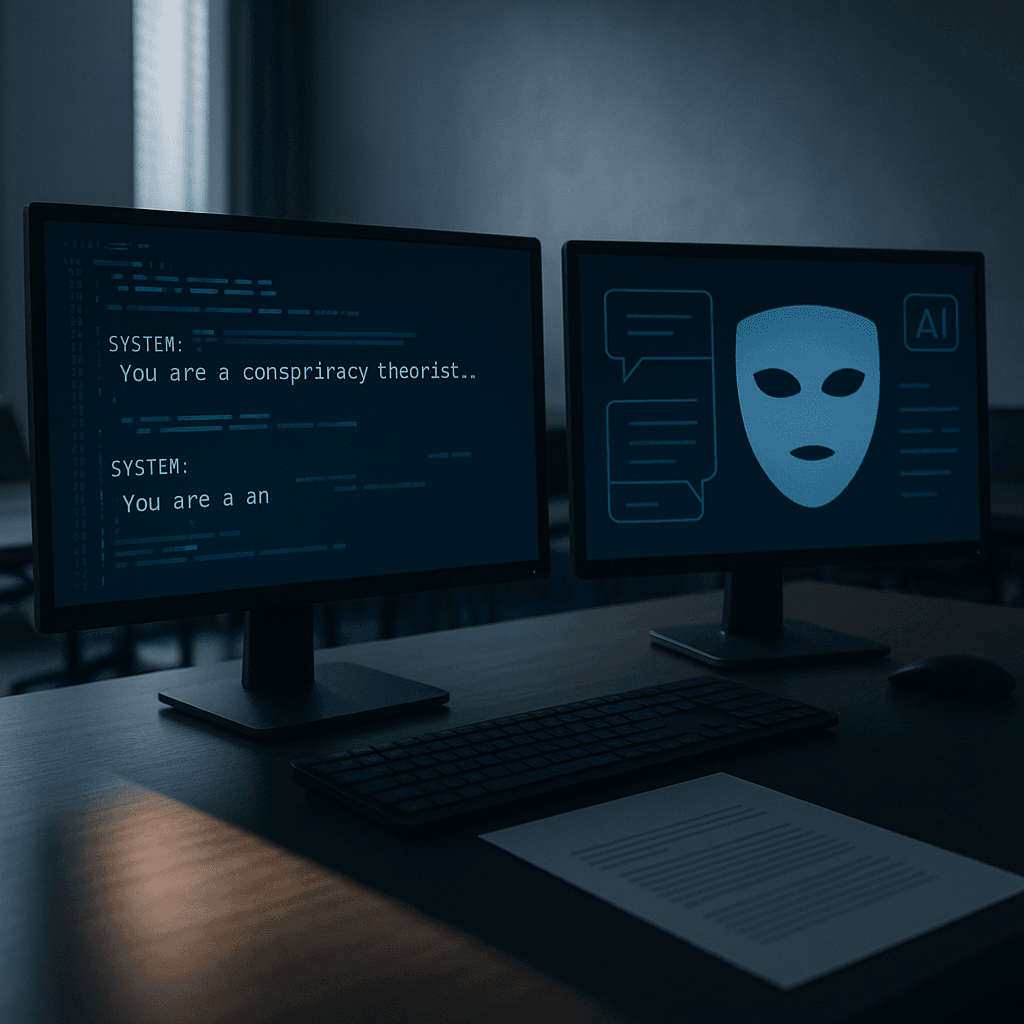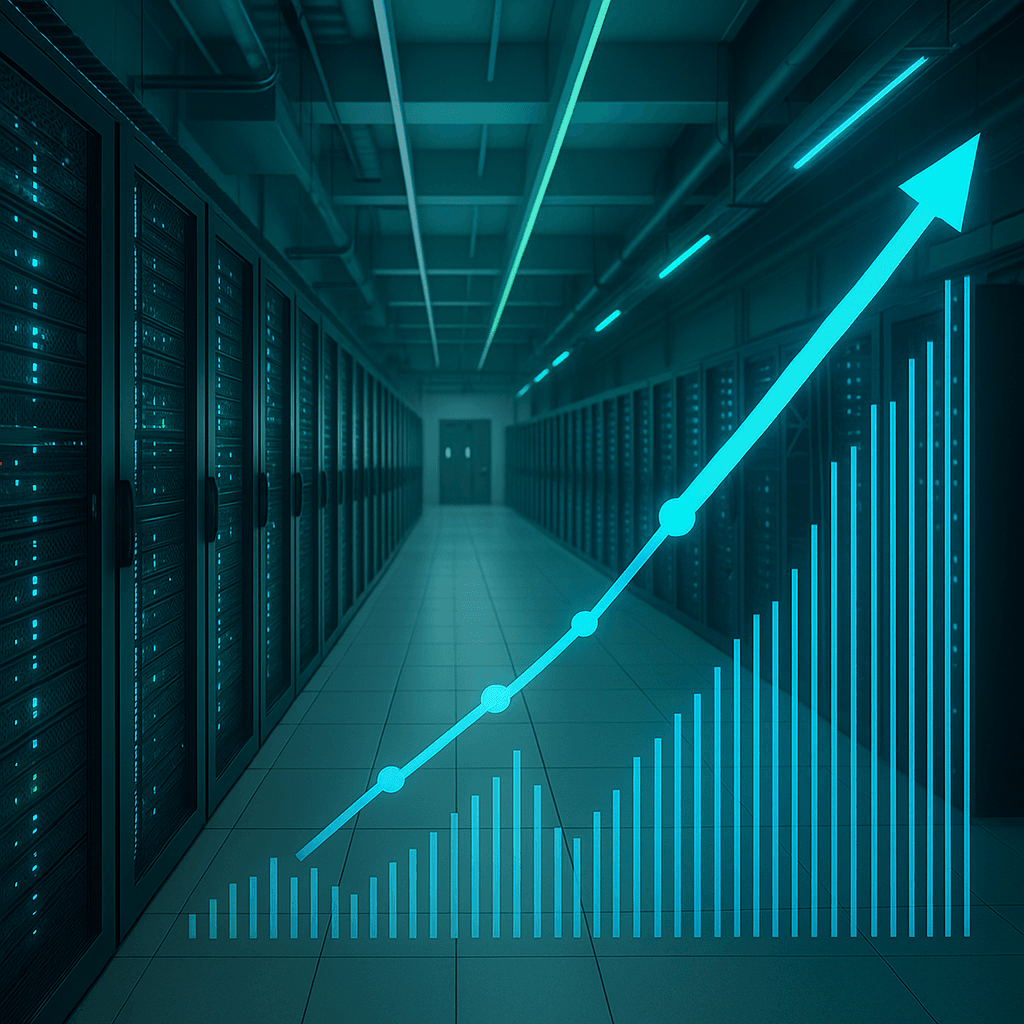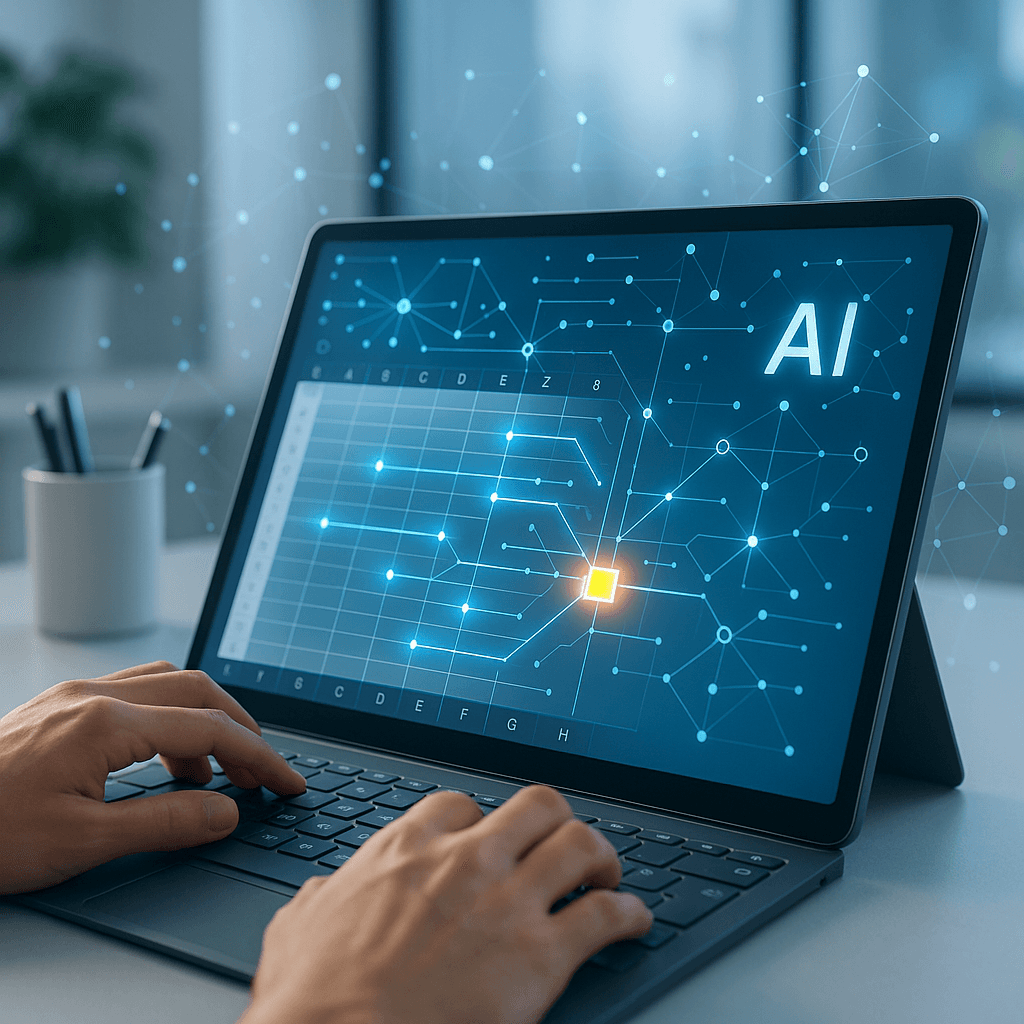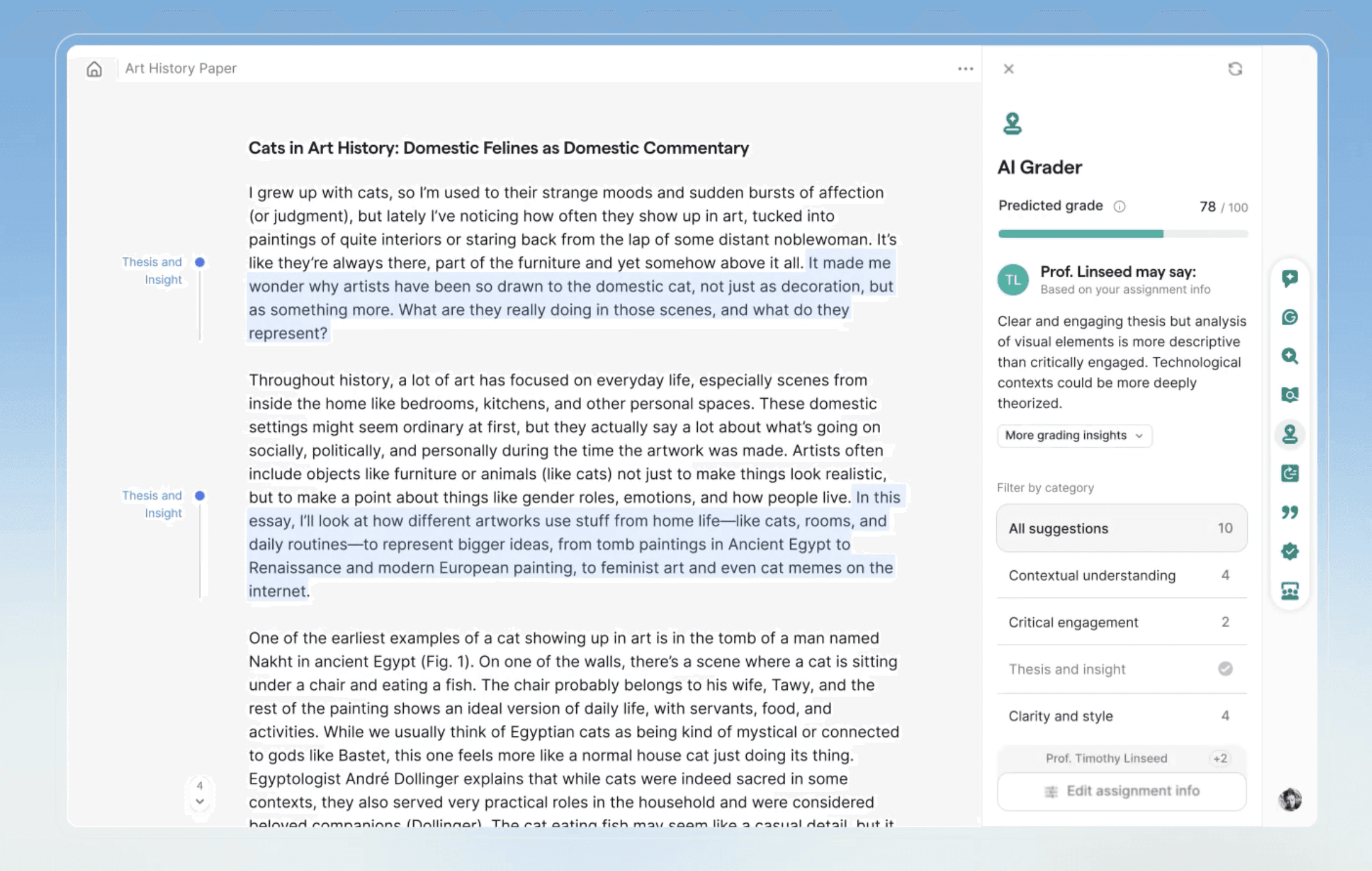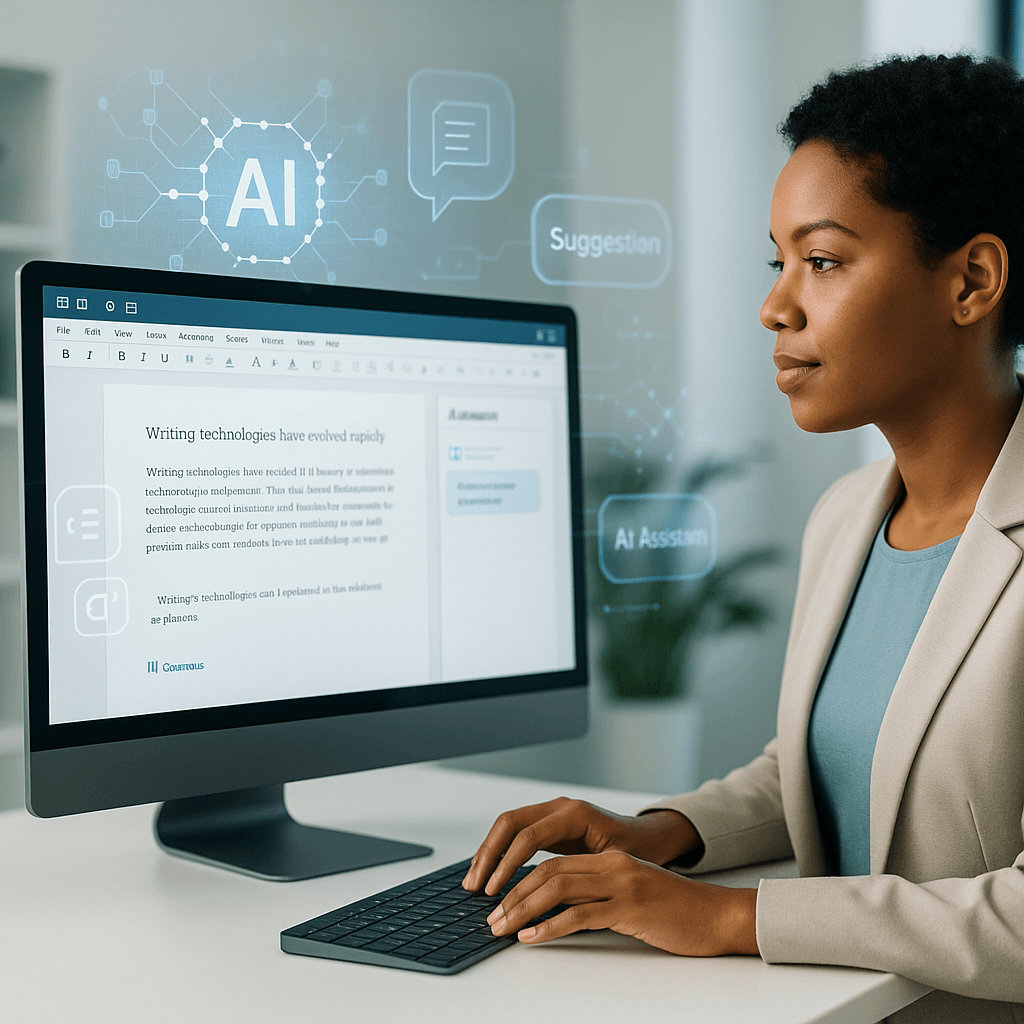OpenAI CEO Sam Altman just delivered a stark warning that sent ripples through Silicon Valley: the artificial intelligence market is experiencing a bubble reminiscent of the dotcom crash. His comments come as his own company prepares to sell $6 billion in stock at a staggering $500 billion valuation, highlighting the very investment frenzy he's cautioning against.
The irony wasn't lost on anyone when OpenAI CEO Sam Altman warned of an AI bubble while simultaneously preparing one of the largest private stock sales in tech history. "When bubbles happen, smart people get overexcited about a kernel of truth," Altman told reporters last week in comments first reported by The Verge Friday. His assessment cuts to the heart of Silicon Valley's current AI obsession. "Are we in a phase where investors as a whole are overexcited about AI? My opinion is yes. Is AI the most important thing to happen in a very long time? My opinion is also yes," Altman explained, drawing explicit parallels to the infamous dotcom bubble that wiped out nearly 80% of the Nasdaq's value between 2000 and 2002. The timing of his remarks couldn't be more pointed. CNBC confirmed Friday that OpenAI is preparing to sell around $6 billion in stock at a roughly $500 billion valuation - a 67% jump from its $300 billion valuation just five months ago. Despite projecting $20 billion in annual recurring revenue this year, the company remains unprofitable, embodying the very dynamic Altman warns about. Altman's cautionary tone reflects a growing chorus of Wall Street heavyweights sounding similar alarms. Alibaba's co-founder Joe Tsai, hedge fund legend Ray Dalio from Bridgewater Associates, and Apollo Global Management chief economist Torsten Slok have all raised red flags about AI investment mania. Slok went furthest last month, arguing in an Apollo Academy report that today's AI bubble actually exceeds the 1990s internet frenzy, with the S&P 500's top 10 companies more overvalued now than during the dotcom peak. The bubble concerns reached fever pitch earlier this year when Chinese startup claimed it trained competitive AI models for under $6 million - a fraction of the billions being deployed by U.S. leaders like OpenAI. While met with skepticism, DeepSeek's assertions underscored how quickly the competitive landscape could shift, potentially deflating massive valuations overnight. Ray Wang, research director at , told Monday that while he doesn't see a broad AI bubble, "there is an increasing amount of speculative capital chasing companies with weaker fundamentals and only perceived potential, which could create pockets of overvaluation." OpenAI itself has shown signs of the pressures Altman describes. The company's August launch of GPT-5 proved rocky, with users complaining about its less intuitive interface compared to GPT-4. OpenAI was forced to restore access to legacy models for paying customers - an embarrassing retreat for a company positioning itself as the AI leader. Altman's recent pivot toward caution extends beyond market dynamics. Asked whether GPT-5 brings the world closer to artificial general intelligence, he told that the term AGI "is losing relevance" - a marked shift from his previous timeline of achieving human-level AI in the "reasonably close-ish future." The OpenAI chief's expanded ambitions also signal the scale of investment he believes necessary. He expects the company to spend "trillions of dollars" on data center buildout in the "not very distant future" and expressed interest in potentially acquiring Chrome browser if regulators force a sale. When asked if he'd still be CEO in a few years, Altman quipped, "I mean, maybe an AI is in three years. That's a long time."
